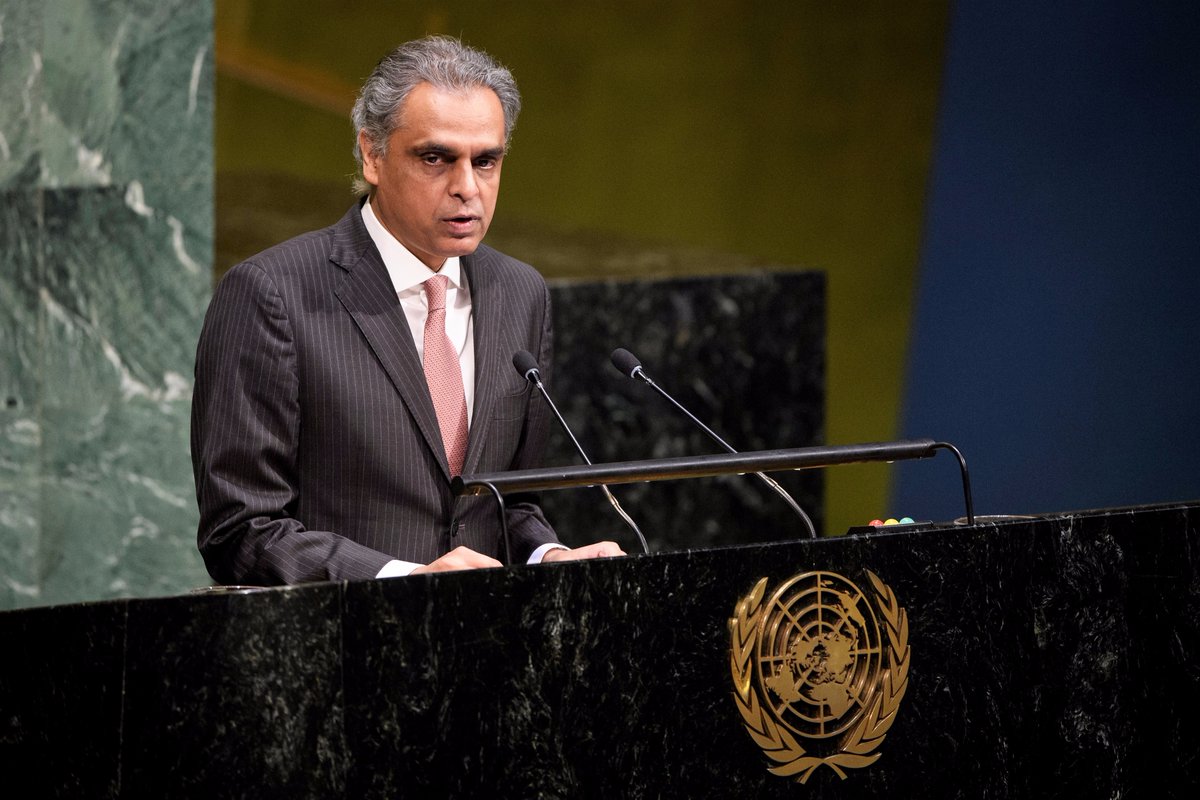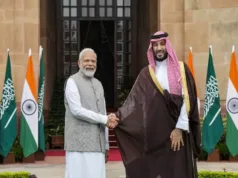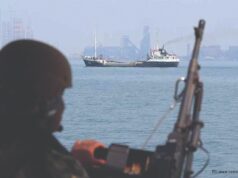

New Delhi: In the absence of long-due reform and expansion of its permanent and non-permanent members, the UN Security Council remains “dysfunctional” as it no longer reflects contemporary realities and confronts a crisis of “legitimacy and credibility”, India has said.
In his address to the plenary meeting of the UN General Assembly on the question of equitable representation on and increase in the membership of the Security Council, Indian Ambassador to the UN Syed Akbaruddin said that no reform of the UN’s peace and security architecture will be complete, without the reform of the Security Council.
“There is no more vivid reflection of this deepening crisis of multilateralism than the dysfunctional Security Council, which no longer reflects contemporary realities and hence confronts a crisis of legitimacy and credibility,” he said.
“It is axiomatic that Reforms tend to generate Reforms. This year, the Secretary General has elaborated a broad set of reform proposals, including in the peace and security sphere. No reform of the UN’s peace and security architecture will be complete, without the reform of the Security Council. It would not be incorrect to say that an unreformed Council could, in fact, undermine progress that may be made in other areas of this continuum. The time, therefore, is ripe for progress on Security Council Reform, as part of a wide-ranging agenda of reform, during this session of the General Assembly,” he added.
When proliferating transnational threats, deepening economic interdependence, worsening environmental degradation – all call for effective multilateral action – the UN has fallen short of a substantive response, on an issue as important as reform of the Security Council. This indicates that the aging pillars of the established multilateral order are creaking and crumbling, unable to meet the need for change.
India which joined the U.N. in 1945 is the second-largest and one of the largest constant contributors of troops to the United Nations peacekeeping missions.
According to Foreign Policy, “India’s international identity has long been shaped by its role in U.N. peacekeeping, with more than 100,000 Indian troops having served in U.N. missions during the past 50 years. Today, India has over 8,500 peacekeepers in the field, more than twice as many as the U.N.’s five big powers combined.”
Thomas Friedman of the New York Times once said: “Sometimes I wish that the five permanent members of the UN Security Council could be chosen … with a vote by the fans …. Then the perm-five would be Russia, China, India, Britain and the United States … India is the world’s biggest democracy.”
Any reform of the Security Council would require the agreement of at least two-thirds of UN member states and that of all the permanent members of the UNSC enjoying the veto right.








